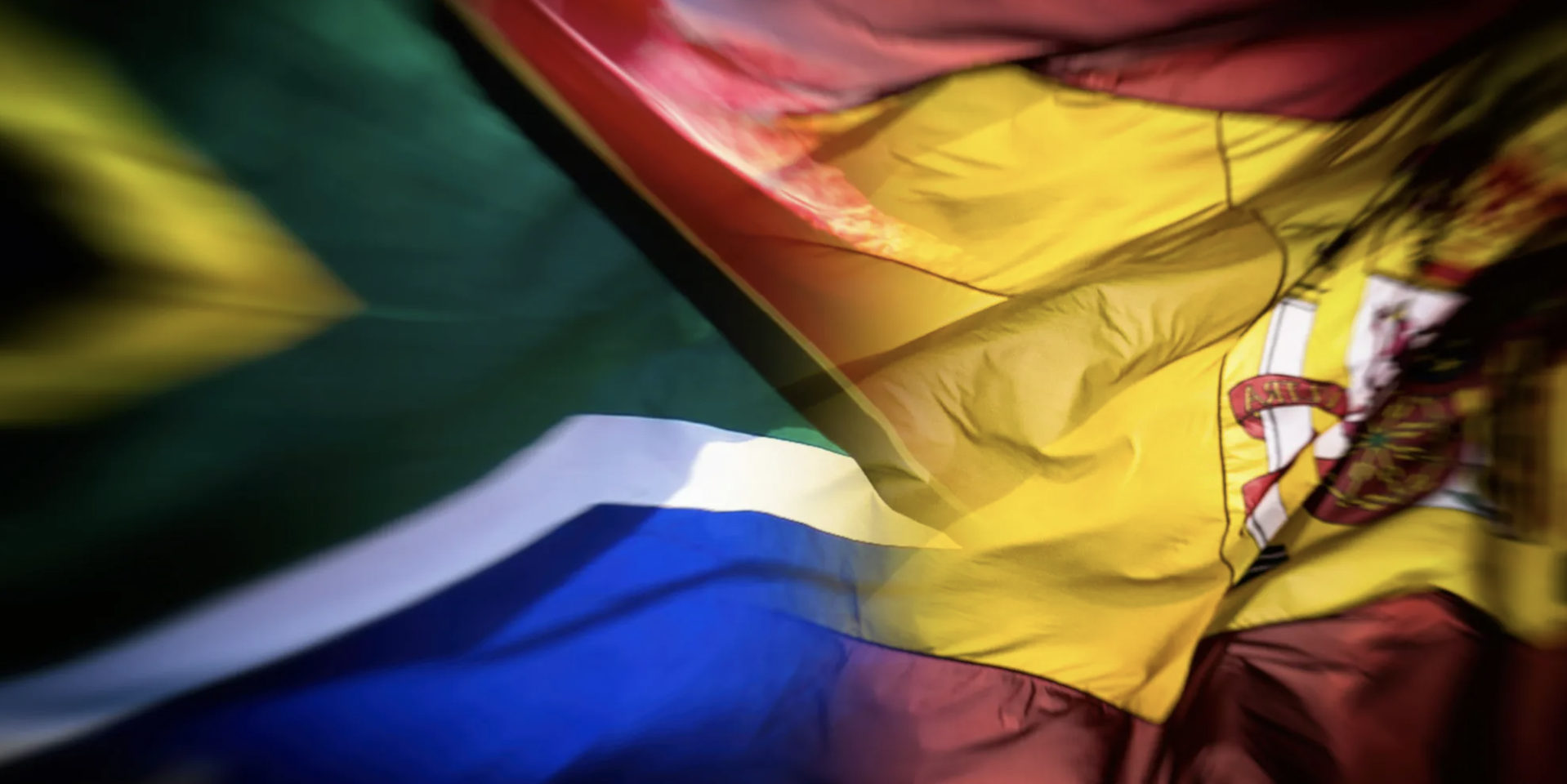News
SA can Emulate Spain’s Success, But Needs to Swallow Some Hard Truths and Act Accordingly
With similar economic potential attributes to Spain, or other developed economies that have transitioned in Europe since the end of the Cold War, South Africa can follow a parallel development path.

What we need to do to our products is add more value.”
These are not the words of an African head of state banging the beneficiation drum, nor a minister of trade (or labour for that matter) attempting to justify protectionist policies.
It’s a Spanish winemaker, whose family firm has been producing Rioja and Navarra vintages since 1890. Today they cork no fewer than 10 million bottles a year, a third of which head to the US market.
South Africa’s leaders think we share a lot with the poorer world, the so-called Global South. This explains the government’s endless attempts at ideological theorising and the sort of institutional conjugation of the BRICS.
The ANC’s economic thesis is fundamentally externalist: we cannot prosper unless the world changes somehow in our favour (whatever that is).
But the reality is that South Africa shares at least as much with developed economies like Spain or, for that matter, others that have transitioned in Europe since the end of the Cold War.
In the case of Spain, there is a great deal similar.
Spain has made a shift from Franco’s dictatorship to democracy, albeit 20 years before South Africa.
Spain has also not shied away from gripping its colonial past. Spanish companies have, over the past 30 years in particular, been an aggressive investor across Latin America.
After a short transition, like South Africa it voted in a self-professed socialist party. Initially this enabled the government under Prime Minister Felipe González to carry out wide-ranging and necessary reforms which probably were impossible for a conservative government. He mastered the violin of government by picking it up with the left hand and playing with the right. But since then, successive leftist governments have resorted to a more crude politics of the belly in creating a subsidy culture and class in parts of the country, where redistribution is the rent paid for continued political support. Hence too relatively high rates of taxation and cost of basic services including electricity.
This explains, too, why many low-skilled jobs, including in agriculture, are filled by foreign workers, mostly from Portugal and North Africa.
Like South Africa (1.22 million square kilometres), Spain (505,000 square kilometres) spans a large geography, necessitating considerable investment in infrastructure. For instance, South Africa has (or had) the 13th-largest rail network worldwide; Spain has the 19th with 16,355km. (The US ranks first at 220,000km.) But Spain’s rail service works – hence its efficiency ranking at eighth and South Africa’s at 69th. (Japan is top of this list; the US 11th.)
But this is where the similarities end and the differences begin, especially in the manner of the government’s approach.
The possible parallel path
Spain has sought its development future through integration with richer markets, specifically the EU. Foreign policy in this way became a tool of domestic development policy. In South Africa’s case, the ANC’s ideological direction has drawn it to radicalising its foreign policy, hence its attempts to proselytise international relations rather than turn them into a tool of prosperity.
Spain has also not shied away from gripping its colonial past. Spanish companies have, over the past 30 years in particular, been an aggressive investor across Latin America. Increasingly Latin Americans are reciprocating in Spain, particularly with their surge in populist governments driving away the wealthy and energetic.
Spain’s public rail service not only works well, but is complemented by a dense bus network. Its roads are accompanied by a growing spaghetti of cycle lanes and pedestrian walkways. There is no violent taxi mafia to have to manage.
Skills, like capital, are highly mobile. People have to feel wanted and safe enough to stay.
Spain has also invested heavily in renewable tech, with the result that more than 40% of the national grid is “green”, the country spotted with wind turbines and solar farms. South Africa’s political constituencies remain wedded to coal for reasons of self- rather than national interest.
With similar economic potential attributes, South Africa could follow a parallel path, but it would have to swallow some hard truths, and act accordingly.
First, that it is a high-cost, low-skill market, and needs policies that are cognisant of this reality.
Second, that its riches – not least those derived by the BEE generation (including the President) – have been made from trading. This demands playing to its historical strengths by spending at least as much effort integrating with wealthy markets as evangelising about why others are poorer.
And third, perhaps most importantly, that skills, like capital, are highly mobile. People have to feel wanted and safe enough to stay.
Daryl Impey is a South African cycling great, a yellow jersey holder at the Tour de France, who has made Girona his home for 13 years of his 16-year pro career. “While the tax rates are similar to South Africa, Spain is safe from violent crime, comfortable and a good place to bring up kids,” he notes, all factors especially important for a person who has spent a third of the year on the road. For all of the challenges of petty crime, Spain’s murder rate is 0.6 per 100,000. South Africa’s is 46 per 100,000. With his retirement from the sport, Impey is moving his family to Australia.
It’s a competitive world. Most people want to remain in the country of their birth, but you need to give them a reason to do so.
This article originally appeared in the Daily Maverick
Photo: EPA / Dai Karokawa and EPA-EFE / Juan Ignacio Roncoroni



